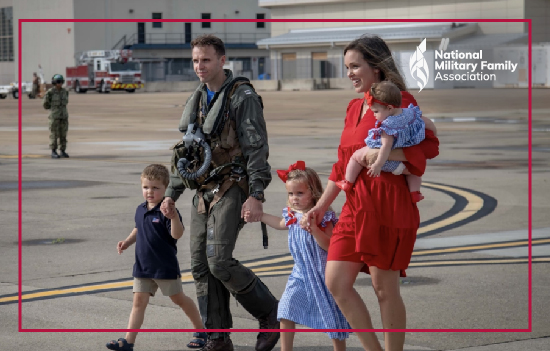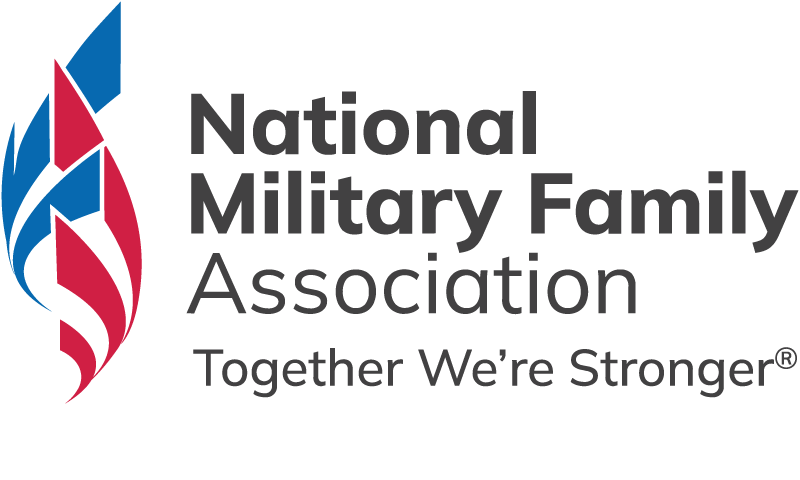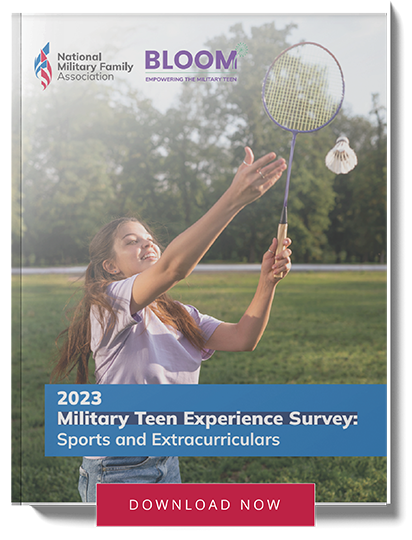Expanded MyCAA, Health Care FSAs: DoD’s New Initiatives to Help Families

The Department of Defense (DoD) just announced seven new initiatives to improve military families’ quality of life as part of Secretary of Defense Lloyd Austin’s Taking Care of People initiative.
Many of these address issues you’ve been bringing to us for years — and we’ve been meeting regularly with leaders in Congress and the Department of Defense to share what we hear from you and advocate on your behalf. We’re thrilled to report that military family voices are finally being heard on several significant issues.
The new initiatives include:
- Expanding military spouse employment programs and professional development, Spouses of service members in grades E1 to E9, W1 to W3, and O1 to O3 will be eligible for the My Career Advancement Account (MyCAA) Scholarship program, which awards up to $4,000 for spouses pursuing licensure, certification, or an associate’s degree. Both active-duty spouses and spouses of Guard and Reserve members on Title X orders are eligible for MyCAA.
- Establishment of Health Care Flexible Spending Accounts Similar to the Dependent Care Flexible Spending Accounts established in 2023, Health Care FSAs will allow service members to set aside pre-tax funds in a separate account. This account can help pay for expenses that TRICARE doesn’t cover, such as co-pays, contact lenses, orthodontia, and much more. Service members will be able to set aside up to $3,200 in pre-tax earnings per year. DoD will offer a special open enrollment period in March 2025 to allow service members to opt into this benefit.
- Increasing access to quality childcare DoD announced that it will revise the compensation model for providers in installation Child Development Centers (CDCs) and create two new positions at each location: lead educators and special needs inclusion coordinators. These roles will improve the quality of care and educational support available to families whose children are enrolled in CDCs. In addition, by offering a path for career progression and professional development, DoD hopes to incentivize more providers to look for work at CDCs.
- Increasing Temporary Lodging Expense (TLE) to 21 days (from 14 days), which should help with the costs families bear during a PCS.
- Improving quality of life at remote and isolated installations DoD will conduct a review of selected isolated installations and develop a plan to address issues such as access to health care, spouse employment, school quality and off-base housing.
Other initiatives will ease uniform costs and improve uniform quality for enlisted service members, and increase Wi-Fi access in unaccompanied housing.
The expansion of MyCAA is welcome news for many military spouses. When the program began in 2009, it was a huge success — so much so that the demand quickly outpaced the supply. The program closed temporarily in 2010 and relaunched to a much smaller group. For years, we shared your stories and argued for its expansion to include more senior enlisted spouses, telling the Senate Armed Services Committee in April 2011:
In October 2010, MyCAA was significantly revised and seasoned spouses who are no longer eligible feel their education pursuits are not supported by the Department of Defense. Many military spouses delay their education to support the service member’s career… Military spouses remain committed to their education and need assistance from Congress to fulfill their educational pursuits. We ask Congress to push DoD to fully reinstate the MyCAA program to include all military spouses, regardless of their service member’s rank, and to ensure the funding is available for this reinstatement. We also ask Congress to work with the appropriate Service Secretaries to extend the MyCAA program to spouses of the Coast Guard, the Commissioned Corps of NOAA, and the U.S. Public Health Service.
Supporting a military spouse’s education and career is an investment in the entire family’s financial security and well-being. Spouses who have been cut out of MyCAA eligibility have felt the financial strain. As one military spouse who applied for our Joanne Holbrook Patton Military Spouse Scholarship told us this year:
“College is just an additional expense that we are not prepared for and unfortunately other programs such as MyCAA can not assist as my husband is one rank over the qualifications.”
She went on to tell us that she has been locked in a job that pays less than she knows she deserves because she is balancing child care while she works. She wants a degree and a fulfilling career to help her family, but she needs help to get there. With today’s announcement, more spouses will be able to access that help — and improve their family’s financial security as they do.
At NMFA, we know that, even as we welcome these new initiatives, there is still more to be done to support service members and their families. What impact will these initiatives have on you and your military family? What other changes would you like to see? Share your military family’s story with us!





